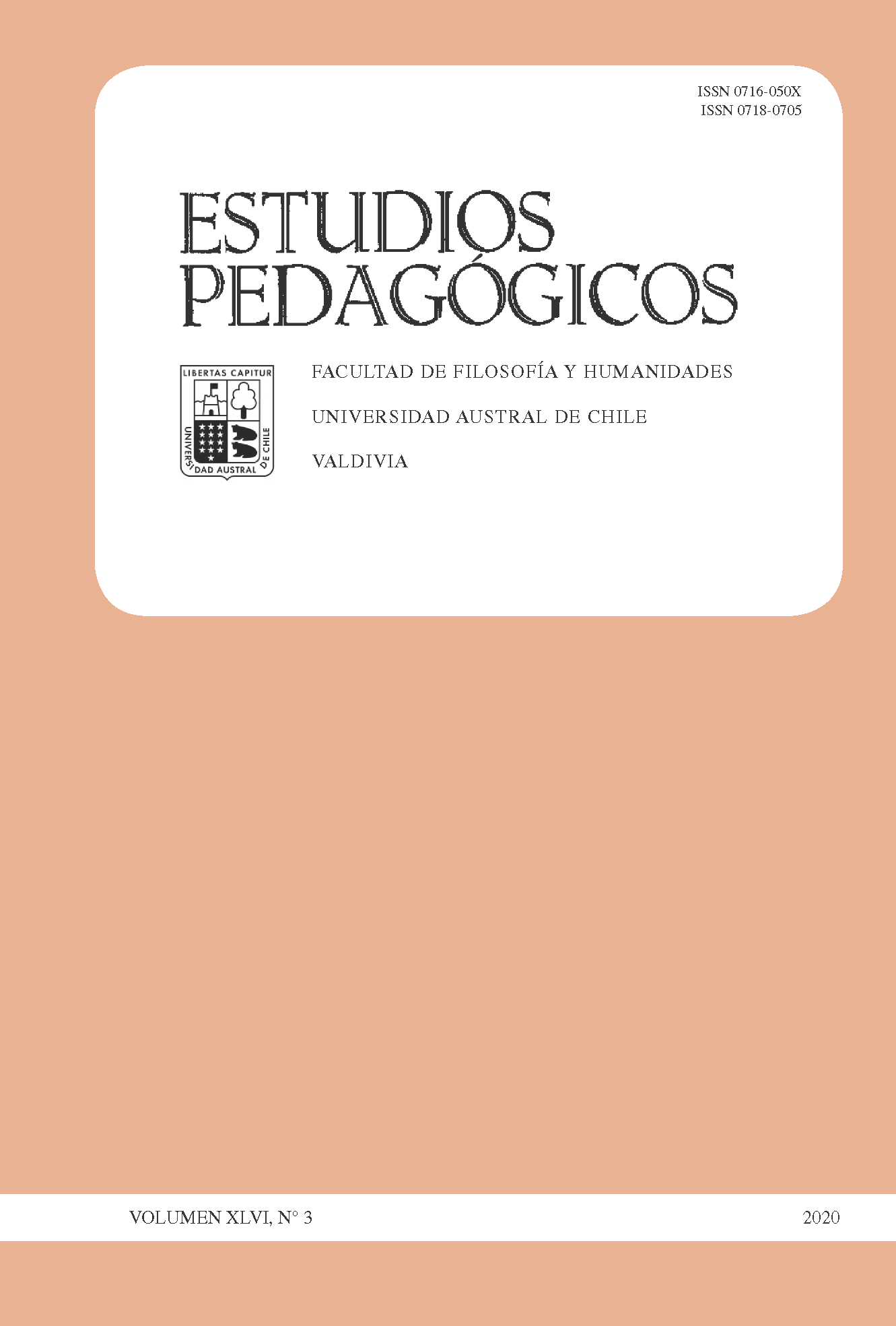Cooperative games with young people in situations of social vulnerability: the systematization of an experience
Main Article Content
Abstract
In order to work on the Cooperative Games as a possibility of Popular Education, this Educational Action Project, a discipline that permeates the entire formation of the Pedagogy course at the Salesian University Center of São Paulo - UNISAL / Americana / Brazil, sought to develop activities within from a playful perspective capable of contributing for children to exercise reflection on cooperative attitudes and their practice. The activities systematized here were carried out with children from 6 to 13 years old, who attend the “Family School” project, inserted in a state school in the municipality of Americana/SP/Brazil. The main objective of this work was to contribute with an educational formation that brought the balance between competitiveness and cooperation, thus constituting a practice that goes beyond school education. The methodology used was based on the writings of Oscar Jara (2006), who in his thesis defends five times of systematization for the conclusion of a good fieldwork. They are: 1) the starting point, which requires active participation by the authors, in addition to records of experiences; 2) the initial questions that in the present work were: What is the children's understanding of cooperative games? Does this practice enable new horizons? Which ones are they? Is it possible to have a balance between cooperation and competition for children? How can the practice of cooperation help children in the development of their social life? 3) the recovery of the time lived, which seeks to describe the entire process through which the activities and experiences go through 4) the background reflections, in which it seeks to deepen the understanding and discussion of the authors and participants about the actions experienced, which were all the processes developed. One of the perceptions that the realization of this game brought is that cooperation is in us, we just need to work on it to make it evident; 5) the arrival points, which are the analysis of all the learning in the process. The final results of this educational intervention demonstrated that the children showed small, however, significant transformations with regard to their behaviors, and their practices with the other colleagues participating in the games and also with people in general. Responding to the initial concerns of this project, we consider that the realization of these activities brought proximity between the participants and collaborative actions, leading us to the conviction that the change in the children's behavior went beyond the limits of the school walls.

